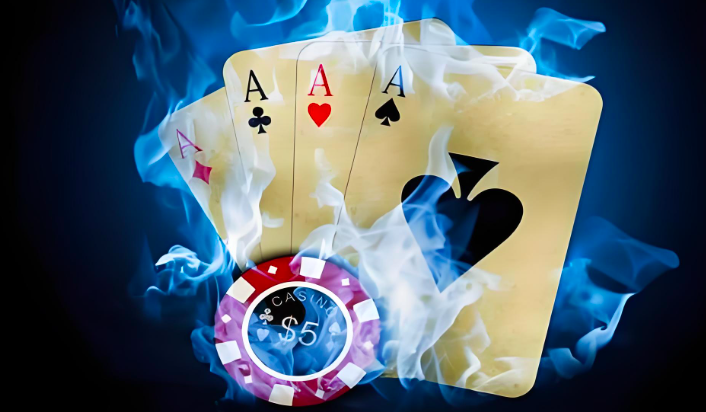Introduction to Home Poker Dominance
When you gather around the table for a casual poker game with friends, the atmosphere is markedly different from that of a casino or online poker room. These home games, often characterized by less formal and more unpredictable play, require a tailored approach to succeed consistently. In this guide, we'll delve into essential strategies that cater specifically to the casual, often spirited environment of home poker games.
Understanding the Home Poker Landscape
Home poker games are a unique beast. They're usually filled with a mix of player skill levels, from the novice who can barely remember the hand rankings to the more experienced players who bring a bit more savvy to the table. The stakes are typically low, and the mood is relaxed, with players often more interested in having fun and socializing than in winning big.
Tip 1: Keep It Simple with Your Strategies
In the casual setting of a home game, complex bluffs and sophisticated strategies often fall flat. The most effective approach is to play strong, straightforward poker. Home game players tend not to fold very often, so bluffing with weak hands will generally yield poor results. Instead, focus on making strong hands and betting them for value.
Tip 2: Maximize Value When You Have the Upper Hand
When you do hit a strong hand, make sure you're getting maximum value. This means sizing your bets in a way that keeps players with weaker hands involved but also extracts significant chips from them. Do not shy away from making large bets when you are confident you have the best hand; players in casual games will often call down with much weaker holdings.
Dealing with Bad Beats: A Mental Game Strategy
In poker, bad beats are inevitable, especially in a casual game where the play can be wild and unpredictable. It's crucial to maintain your composure and refrain from tilting. Getting upset or frustrated only impairs your decision-making and can lead to even greater losses. Instead, accept bad beats as part of the game and use them as opportunities to learn and improve.
Keeping the Game Friendly
Remember, the primary goal of home poker games is often socialization and enjoyment. Part of your strategy should involve keeping the atmosphere light and fun, even when competing. Engage in friendly banter, and take your wins and losses in stride. This not only makes the game more enjoyable for everyone but can also work to your advantage by keeping your opponents relaxed and perhaps not playing their best poker.
Conclusion: Master Casual Poker Games
By applying these straightforward strategies, you can thrive in home poker games and enjoy yourself while doing so. Focus on playing solid, fundamental poker, extracting maximum value from your good hands, and staying mentally strong through the ups and downs. With these tips, you'll not only potentially dominate the game but also ensure it remains enjoyable for everyone involved.



